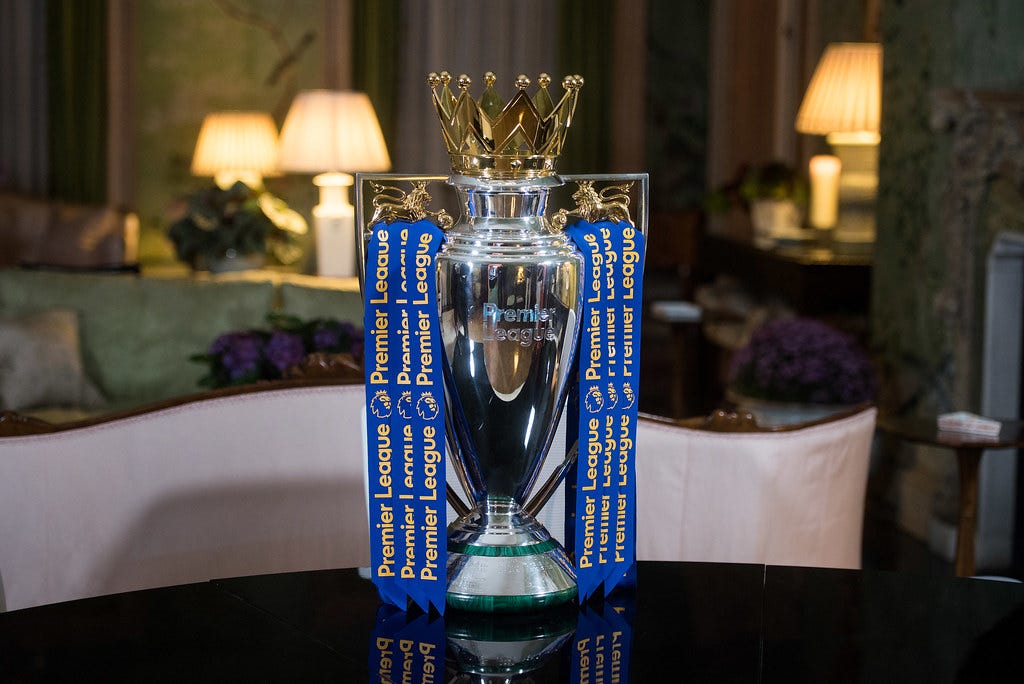Premier League Psychology Guide
How are England’s top flight clubs supporting players’ performance and mental health?
The onus on elite teams to provide elite-level care for their playing and non-playing staff has arguably never been greater, but are Premier League teams rising to the challenge?
This rundown on the psychological support England’s top-flight clubs provide for their players - based on publicly available information about managers and their backroom staff …
Keep reading with a 7-day free trial
Subscribe to The Mind Room to keep reading this post and get 7 days of free access to the full post archives.



